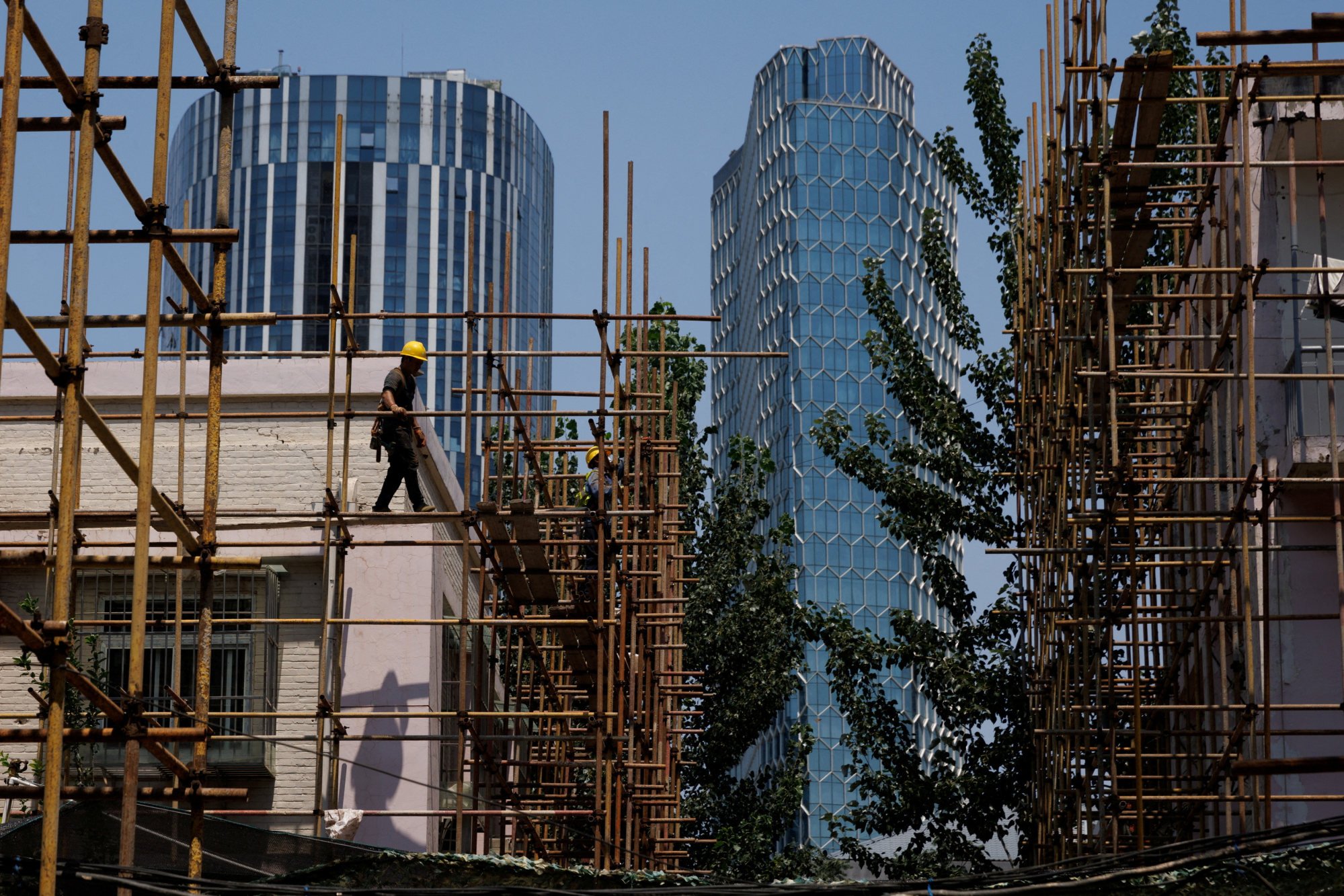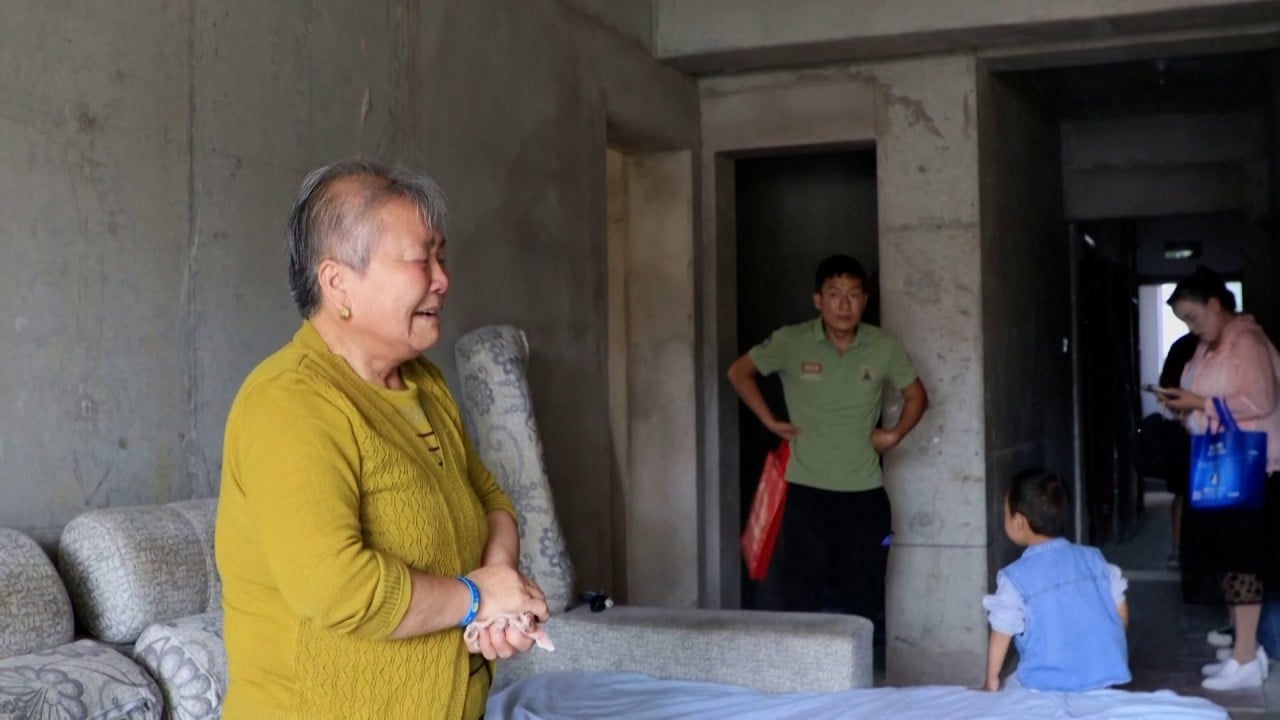Xiao said the regulator will soon convene a meeting, asking local governments to work with housing and construction departments to implement city-specific measures.
With Lunar New Year boon a stopgap, China’s economy has other 2024 priorities
With Lunar New Year boon a stopgap, China’s economy has other 2024 priorities
Meanwhile, the People’s Bank of China announced it would inject 1 trillion yuan (US$141 billion) of liquidity by slashing the reserve requirement ratio by 50 basis points and lowering the relending rate for some banks loans by 25 basis points.
The central bank also decided to set up a new department to oversee credit support, a sign it will provide tailor-made support to the country’s weak links.
“Beijing’s policy announcements will provide only a small boost for China’s economy,” Capital Economics said in a report published Wednesday.
“Much of China’s weakness is structural rather than cyclical. Wholehearted loosening would add to China’s debt without having a lasting impact on growth,” the London-based research firm warned.
The property sector, together with construction, materials and downstream home appliances, used to contribute to around a quarter of the country’s economic output.
But in terms of added value, its share dropped to 5.8 per cent of gross domestic product last year, according to government data.
On Wednesday, central bank governor Pan Gongsheng hinted at a cut in loan prime rates, a reference point for mortgage rates widely watched by Chinese households, next month and subsequently a policy rate cut in its medium-term lending facility.
The central bank and regulator jointly issued a notice the same day to allow real estate developers to bank loans backed by their firms’ commercial properties to repay other outstanding loans and bonds.
China property: why an uptick in Beijing, Shanghai home sales is unlikely to last
China property: why an uptick in Beijing, Shanghai home sales is unlikely to last
Increasing lack of funds and debt defaults from developers across the country have led to numerous unfinished houses being sold, which caused many buyers to stop repaying their mortgages two years ago, risking a greater knock-on impact on the financial stability of the world’s second largest economy.
The situation has heightened concern among the authorities about social instability and Chinese banks have already extended 350 billion yuan of loans to ensure housing units are completed.
Xiao indicated that the property sector’s woes have not yet hit the country’s banks, as the non-performing loan ratio stood at 1.62 per cent in the fourth quarter last year, compared with 1.61 per cent a quarter earlier.

The meeting called for efforts to “enhance the innovation and coordination of policy tools” to support the economic recovery.
“We see the eased monetary policy stance aiming to increase coordination around other policy moves,” HSBC said in its note.
Other parallel policy support were also introduced to help stabilise the property sector, including 350 billion yuan in pledged supplementary lending to policy banks – money that could help fund affordable housing, urban village redevelopment and public facilities.
However, “China’s current economic weakness has structural roots and that a credit-fuelled turnaround would provide only temporary relief at the cost of adding to financial risks,” HSBC added.
Independent think tank Anbound also argued on Sunday that the key lies not in “technical stimulus policies”, but Beijing’s determination to follow a market-oriented path and insist on reform and opening-up.








